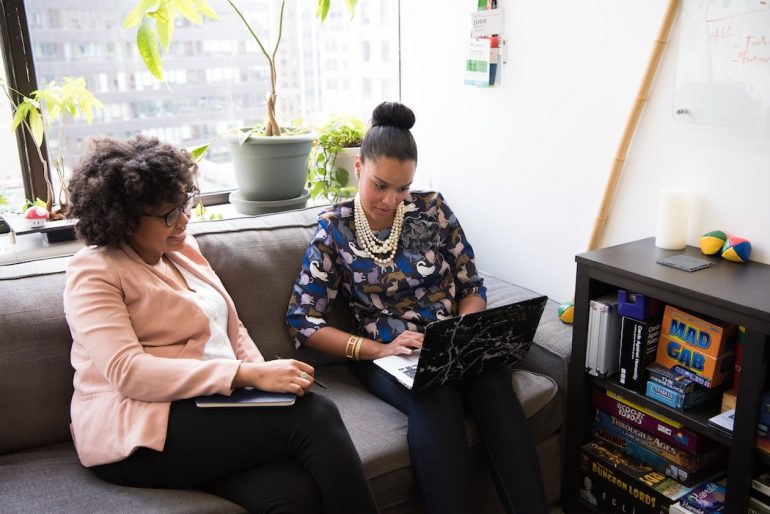The COVID-19 pandemic forced in-person events to seek out virtual venues. Not that virtual event platforms didn’t exist before, but their customer value propositions have certainly been leveraged over the past nine months of quarantine.
I saw how virtual events directly benefit vulnerable populations.
As the founder of a virtual event platform (Showfloor), I’ve had the unique opportunity to discover the abundance of value virtual events offer users. What I originally thought was a practical response to social distancing, has become an innovative way to support people in vulnerable positions.
Over the past several months, I’ve witnessed a trend in the types of organizations that were attracted to virtual events. Right from the get-go, we acquired attention from a variety of minority-focused organizations and events that support underserved populations. At first, I thought nothing of it, but as time went on, the attention grew.
The organizations’ interest in us eventually progressed to business. Our first customer was a virtual expo for local Black-owned businesses. Our second customer was a virtual job fair for Toronto job seekers who reside in neighbourhoods impacted by violence or who identify as having a conflict with the law. Additionally, our sales pipeline includes events for the LGBTQ+ community, newcomers to Canada, and Black History Month.
Was this attention all simply a coincidence?
It was easy to recognize that virtual events reduce time and money devoted to transportation or are often less costly to run. But in talking to organizations, I saw how virtual events directly benefit vulnerable populations.
Attire
Consider what you would wear to an in-person hiring event. Many would dress professionally in business attire, ready to leave a strong impression on the hiring manager. But what if you couldn’t afford a suit?
For many, this small detail could prevent them from attending the event altogether, and in turn, sacrificing a prospective job opportunity. Virtual events remove the stress of “looking the part,” as job seekers will only be seen from the shoulders up.
Safety and Discrimination
In-person events can also present safety concerns. Specifically, for those who self-identify as queer or transgender, the act of attending a networking event or job fair held by an unknown organization can cause debilitating anxiety. This can also be said for people of colour or persons with disabilities.
In-person events lack the added safety and privacy that virtual events guarantee. Participants are free to access the event from the comfort of their home and be as involved or uninvolved in the event as preferred.
Accessibility
As well, virtual events remove many of the barriers to accessibility that are common at in-person events.
Despite legislation that enforces accessibility, not all in-person events serve everyone equitably. Does your space have a wheelchair accessible bathroom? Do you have presentations suited for those with visual impairments? Will an American Sign Language interpreter be present? These are only a few of the considerations that need to be made. Virtual events can offer an ideal solution to these barriers.
Transportation
One highlight of virtual events is that there is no need to leave your home – or even your bed. Although this benefits event-goers in general in that many will save on gas or plane tickets, it’s specifically beneficial to those in extraordinary circumstances.
For those without regular access to a vehicle, attending an in-person event may mean catching a city bus, walking, or biking. However, these alternative options may pose risks similar to those of safety and accessibility. Plus, even taking the city bus may be too costly for an individual experiencing severe financial hardship.
It’s evident that virtual events have many hidden benefits for minority groups and underserved populations, but I noticed something else as well.
There is a strong correlation between startups and minority-focused organizations. Startup culture often promotes values that closely align with those held by such organizations. Some of these shared values include diversifying the workforce, supporting local businesses and practicing ethical decision-making. With this, comes the appreciation of knowing their own values are reflected in the startup’s business model. Particularly for organizations that cater to at-risk populations, there is trust in the startup to safeguard the integrity of the customers they serve.
My work with these organizations has been very insightful. If there’s a chance that leveraging this software could bring us one step closer to levelling the playing field for underserved communities, I’d say that’s a pretty remarkable outcome I never anticipated.
Feature image source Unsplash

